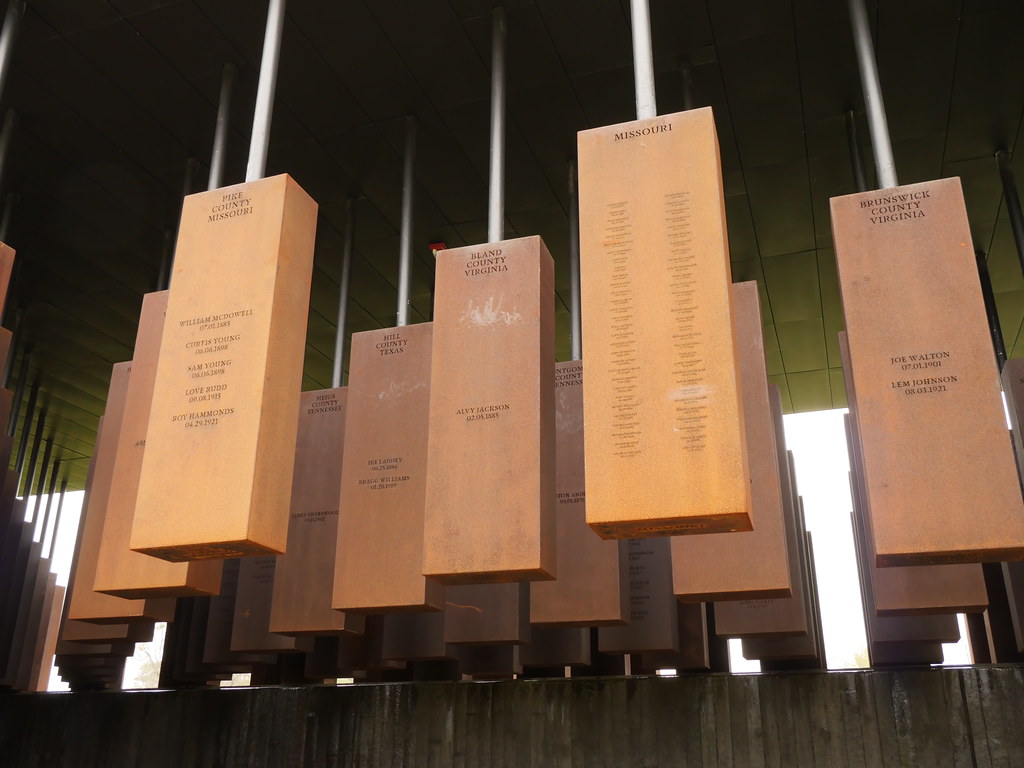Panel on Researching Violence for AAA 2025
Call for Panelists…
Following up on a panel at the SLACA conference in Panamá, several of us are organizing a panel discussing our research on political and structural violence for this November’s American Anthropological Association conference in New Orleans, November 19-23, 2025. We are seeking up to three additional presenters for this panel.
If you are interested in joining us, please email an abstract by Monday, April 14. We will notify you the following day.
Abstracts should be sent jointly to Jennifer Burrell jburrell@albany.edu and Carwil Bjork-James c.bjork-james@vanderbilt.edu

Spectral Traces: Unveiling Power through Engaged Research on Violence
In alignment with this year’s AAA theme of “Ghosts,” this panel explores how research on individual deaths and acts of violence intersects with exposing larger systems of power. By examining specific instances of state and political violence, we aim to illuminate the structural forces that perpetuate cycles of oppression, displacement, and human rights abuses across diverse contexts.
Our panelists investigate how communities grapple with the aftermath of violence, from engagement with grassroots movements to state-sanctioned forensic investigations. We consider the ways in which death, loss, and sacrifice are imbued with social and political meaning, often becoming rallying points for resistance and transformation. The panel delves into the complex relationships between violence and care, exploring how sites of trauma can be reclaimed and repurposed by affected communities.
Central to our discussion is the role of memory and commemoration in confronting past atrocities. We examine how societies navigate the liminal spaces between remembering and forgetting, and how mapping and documenting violent events can serve as both a scientific endeavor and a form of social mobilization. The panel also addresses the challenges of seeking justice and remedy in the wake of displacement and state violence, considering both formal legal processes and grassroots initiatives.
By focusing on specific case studies from Latin America and the Caribbean, we aim to draw broader conclusions about the nature of political violence and its long-term impacts on individuals and communities. Our interdisciplinary approach combines anthropological, historical, and forensic methodologies to uncover the often invisible structures that underpin systems of oppression.
Key themes include:
- The mobilization of death and sacrifice in social movements
- Transformation of spaces associated with state violence
- The intersection of science, law, and community action in human rights investigations
- Mapping and memorialization as tools for confronting past atrocities
- The social history and ongoing consequences of forced displacement
- Grassroots and state-led approaches to transitional justice
Through these diverse yet interconnected topics, we seek to contribute to ongoing debates about historical memory, accountability, and the enduring legacies of political violence. By examining the “ghostly” remnants of past conflicts and their contemporary manifestations, we hope to shed light on pathways toward healing, justice, and societal transformation.
